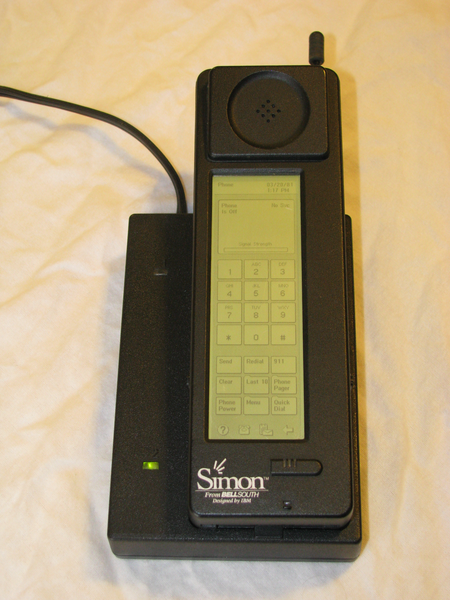 Let’s deal first with the fact that there are two kinds of Windows phone. Microsoft got into the smartphone business early on by adapting the OS they had created for PDAs to be phone-capable. This ran mobile versions of their Office applications, designed to integrate seamlessly with a workplace PC. Useful to some, but of little interest to the general public – especially as the intentionally desktop-like interface makes it the least finger-friendly OS available. The latest version of this is Windows Mobile 6.5, and you are not likely to want it unless you have specific business needs.
Let’s deal first with the fact that there are two kinds of Windows phone. Microsoft got into the smartphone business early on by adapting the OS they had created for PDAs to be phone-capable. This ran mobile versions of their Office applications, designed to integrate seamlessly with a workplace PC. Useful to some, but of little interest to the general public – especially as the intentionally desktop-like interface makes it the least finger-friendly OS available. The latest version of this is Windows Mobile 6.5, and you are not likely to want it unless you have specific business needs.
Appreciating that the iPhone had changed the game completely, Microsoft came out – surprisingly quickly – with a whole new OS. They started afresh, with one eye firmly set on a pleasant user experience, and the result is an interestingly different interface made up of ’tiles’ that both indicate the status of and act as shortcuts to services like e-mail, SMS, Facebook and calls. Argument will rage over whether it is aesthetically appealing, but it is clearly highly usable.
What else does Windows Phone 7 have? Pretty much everything the iPhone does actually, including an integrated market for music and video downloads. But though this may make it seem just an imitation of the Apple product, a Zune to their iPod, it does have some real advantages. Microsoft are better at games. Each Windows Phone 7 device is a little gaming console, connected to their Xbox Live service. And of course they have taken care to retain their key strength: mobile versions of the Office suite of apps.
So it’s like an iPhone but with some great advantages. Where’s the catch?
Well the big one: it’s not finished. Aside from the fact that there are far fewer apps yet than for iPhone or Android, it’s lacking features that fans of the old Windows Mobile or of Symbian take for granted, like full multitasking, video calling, VoIP (Skype, etc.), cut-and-paste, or tethering (using it as a broadband modem with a laptop).
Intriguingly, similar features were also lacking in the first iPhone. So it’s expected that they will be added fairly quickly. But unless you are a business user with a pressing need for Microsoft Office, it might be better to wait and see what happens. Things should really get interesting when the first Windows Nokias come out next year.
But if you are a business user – or if you just fancy a touch of that urban professional chic – you’ll also be considering the BlackBerry. Manufacturer RIM first made it big with those two-way pagers that send and receive text messages. (Remember them?) This genetic inheritance shows in the fact that BlackBerries as a rule sport full qwerty keyboards and are designed to integrate with your corporate email system. They’re trying to escape the business ghetto too though; the number of apps available is shooting up, and they’re advertising on TV. But for the general user it’s hard to see any real reason to prefer it over its rivals.
Except one: BlackBerries can make an unbroken encrypted link all the way back to their home base, wherever in the world that is, preventing any possible interception of communication. Which is why some governments have banned them as being far too useful to spies and criminals – or to dissidents.
Which, you have to admit, is cooler than most.
Well that’s the businessy stuff. Tomorrow let’s look at phones we might really buy.
Windows Phone 7









